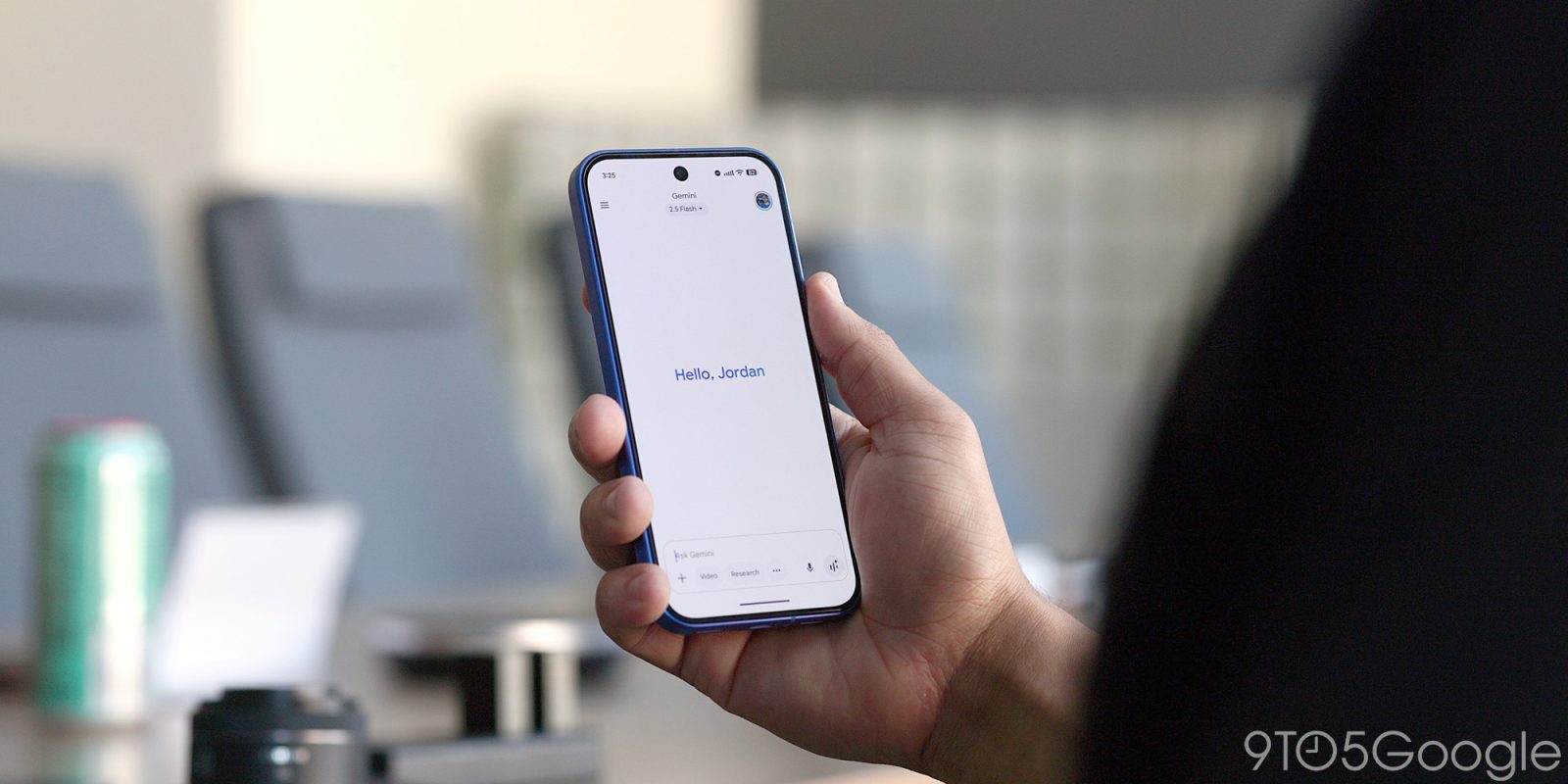
There’s a lot to love about the Pixel 10. Through four generations of Tensor, we’ve waited for a chipset that could match the thermal performance of Qualcomm’s best, and my experience so far suggests Google’s nailed it. The 5x telephoto lens, while far from the best on the market, helps the camera feel far flexible than non-Pro Pixels in the past, and helps the device stand out from entry-level flagships from Samsung and Apple. It’s sort of the Pixel I’ve wanted for ages, even if it’s not an out-and-out perfect smartphone.
That said, I cannot help but feel a bit of spiritual separation between what I want and expect from this device, and what Google’s aiming to offer. Much has been made of the Pixel 10’s performance, especially when it comes to its GPU. This isn’t a gaming phone, and Google hasn’t prioritized it for such applications. If it’s not obvious through marketing, Made By Google events, and the many times Gemini appears during the setup process, this is an AI-focused smartphone first and foremost, for whatever that might mean to actual users.
Google’s vision for the Pixel 10 is clear. This is a device that helps you, whether that’s in finding the information you need right as you need it, communicating in another language in a virtual recreation of your own voice, or just chatting through Gemini Live. And while I’ll admit that Google’s AI tools can make for a half-decent tech demo — and are undoubtedly the clearest consumer-focused AI applications we’ve seen since the explosion of these tools nearly three years ago — I’m beginning to lose patience with just how often they fail to actually function.
Magic Cue has some serious limitations that aren’t apparent in Google’s marketing
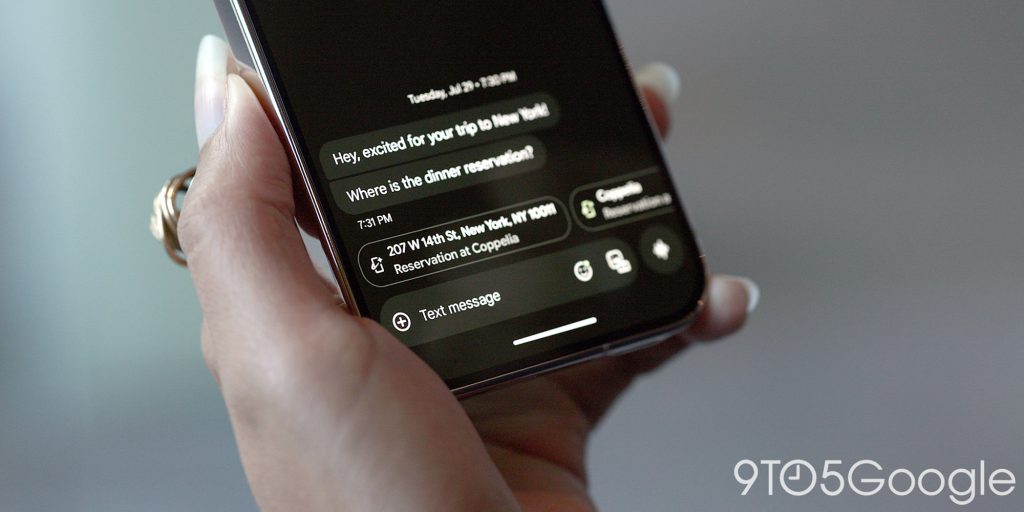
I don’t think I’m writing some kind of explosive expose when I say that practically every AI tool fails with some level of consistency. It’s the main detractor that prevents me from attempting to use AI for any part of my job; even on a research level, the inability to trust what’s being given back to me from a single prompt leaves me feeling particularly frustrated any time I try to venture out from the typical search engine-first browsing experience the web has delivered me for the past two decades.
It’s not just chatbots that fail in their responses, though. Any tool powered by Gemini — or any modern LLM, for that matter — is bound to hallucinate, or simply miss the context required to pull off its predictive action. And with Google leaning more in that direction than ever before, we’re looking at a smartphone being sold on a toolset that can’t be guaranteed to work with any sense of reliability.
Take Magic Cue, arguably the Pixel 10’s marquee feature. My time with Magic Cue is far different from what my fellow 9to5Google colleagues have experienced, in large part because I don’t really use Google Messages or RCS all that much to communicate with my most frequent contacts (most of my friends are on Telegram or other messaging apps). This means that the coolest parts of Magic Cue — pulling up information about restaurants, or quickly creating calendar events — just don’t apply to my overall experience with the Pixel 10.
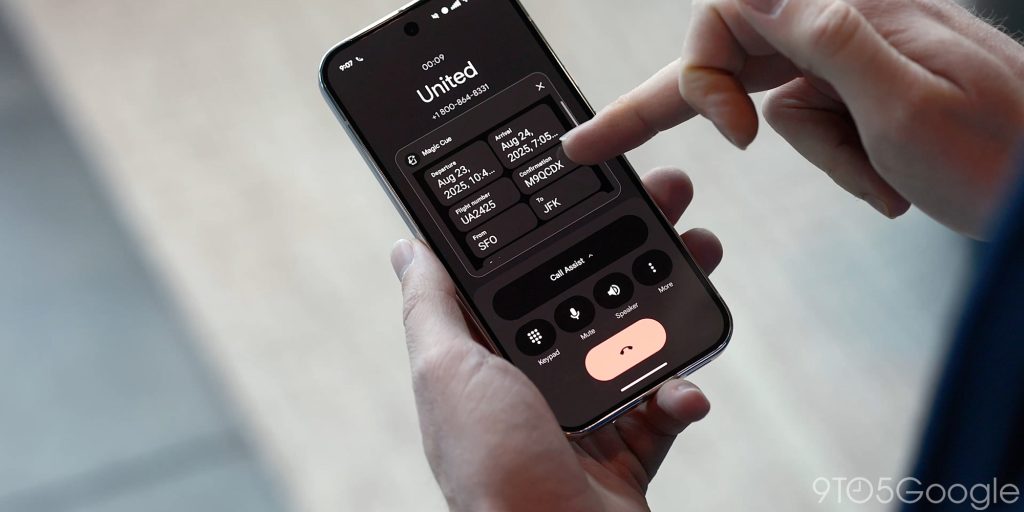
Some readers might take objection with my complaints here, and I get it. Open the new “My Pixel” app on a Pixel 10 device, and Magic Cue is clearly split into three spaces with instructions on how it works with Messages, Phone, and through Gboard. Each of those three spaces accomplishes different tasks, and it shouldn’t be on me to blame Google for not being able to use a feature built into a specific app on this phone if, you know, I don’t use the app.
Except Magic Cue’s capabilities — and the limitations within — really only become clear once you’ve unboxed your Pixel 10. The marketing for Magic Cue, right down to its specific store page, keep things as indistinct as possible. There’s no mention of specifically requiring users to rely on Messages to get the most out of this experience, leaving its description gesturing vaguely at “apps, emails, screenshots, notes, and more” and only referencing generic text messages rather than specifically calling out Google’s RCS-infused application.
Even the descriptions seem to imply it can do far more than the examples given on the page, when in reality, it’s limited to these exact demonstrations right now. Again, the Pixel 10 itself makes this very clear — Google’s marketing, however, not so much.
Daily Hub isn’t even close to the Google Now replacement we’ve all been waiting for
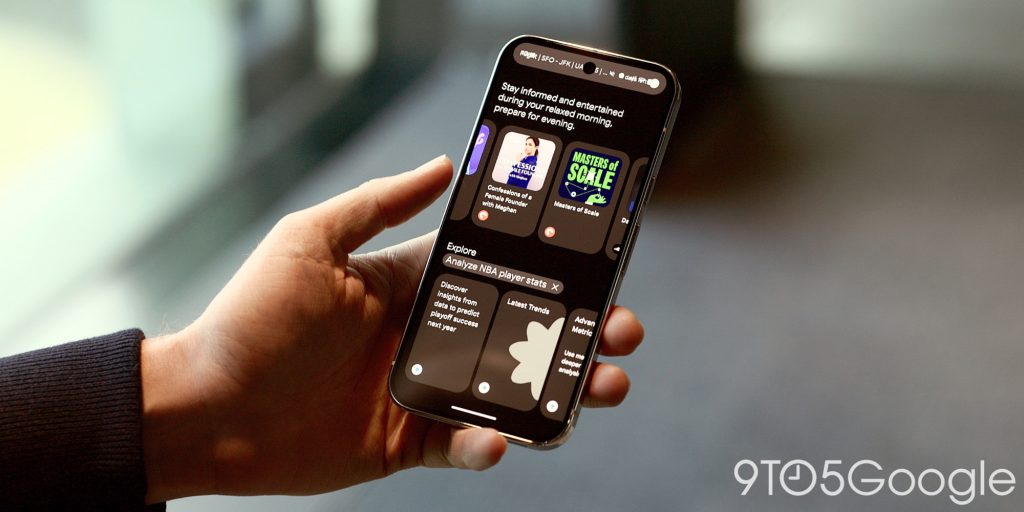
Daily Hub, an attempt at creating a personalized space for “updates,” goes one step further in its failures, marking one of the most embarrassing pieces of software Google has shipped in years (an opinion I’m far from alone on). Even putting aside that I’ve had issues getting the prompt to appear — it’s finally started regularly showing up in Discover, though I have yet to see it appear for a second time in At a Glance — the recommendations and information being given by Google here is shockingly bare. It’s a similar attempt at the sort of thing Samsung launched with Now Brief earlier this year, and while I guess I’d give Google’s variant the edge on usefulness if pushed, it’s more of a sidestep than any leap forward.
Some of the Gemini powered suggestions found along the bottom of Daily Hub are, to be blunt, just nuts. I’ve received bonkers strategies for productivity habits ripped right from forgotten self-help books, novel-length descriptions of the characterization of Hank Hill in what should’ve been a summary of King of the Hill‘s funniest quotes, and prompts to create a budget for booking an Airbnb to play Nintendo Switch with my friends over the weekend. I’m just not sure what I’m supposed to take away from any of this.
The rest of Daily Hub isn’t particularly good, either. You could get the jist of its weather summary by just walking outside, while its media recommendations bounce between the obvious — continuing a podcast I was listening to earlier in the day — and the obscure, like when I received a prompt for a “Pixel 10 Pro XL durability test” that was just a basic still photo of the device, and had just a single view when I tapped on the submission.
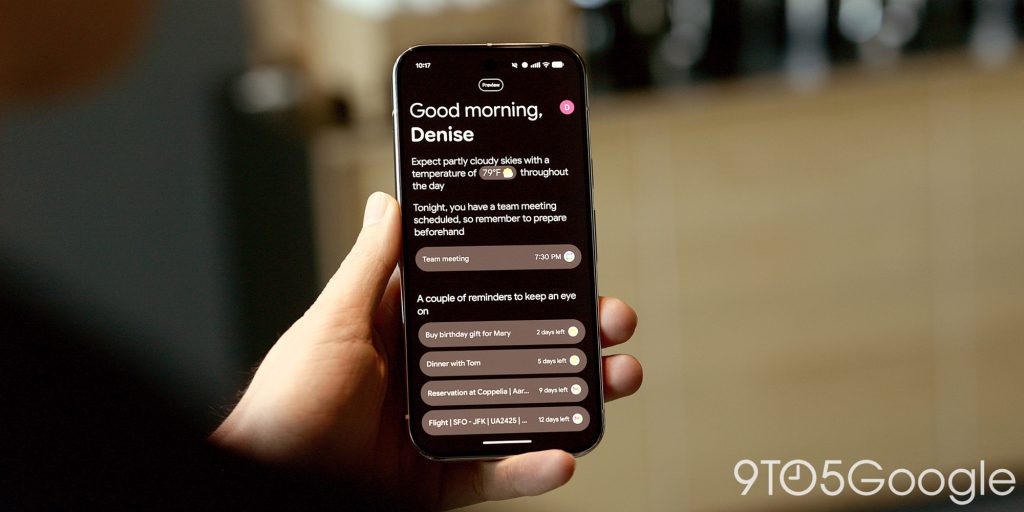
And look, I’m not going to lie: It would be a hell of a lot easier to forgive Google for this early enough state if Google Now hadn’t existed — and done this same idea far better — a decade ago, without any AI buzzwords attached to it. You can’t try to quietly replicate the past when the present is so much worse, Google.
Counter all of this with something like Circle to Search. While I wouldn’t say that I’ve become as hooked on the feature as some of my colleagues both at 9to5Google and the industry, I’d be lying if I said it didn’t effectively work as intended. That makes sense, though — it’s an AI-lite feature that was barely sold as such at launch, with a universal method for launching. It’s obvious where it lives, it’s obvious what it can and can’t do, and it pairs nicely with Search in general. One has to wonder if Google is kicking itself for not having kept it as a Pixel-exclusive feature, at least for a while.
If AI is Google’s future, it’s going to need to deliver a little more clarity

We are living in an era of technology where practically nothing can be relied on anymore. Features come and go, and even when they do trigger, they often don’t function as intended. You can’t tell me a Daily Hub prompt for underground places to eat in Buffalo was supposed to kick off with a recent news story about a chicken sandwich restaurant planning to open downtown sometime in 2026. You can’t sell me Magic Cue while keeping how and when it functions as vague and mysterious as possible, as if getting a visit from it is equivalent to spotting something mythical. And while Google’s attention is completely soaked up by releasing various Gemini-powered toolsets, other applications fall by the wayside, rotting not due to AI, but because of it all the same.
Some — not all, but some — of my complaints could be solved by Google allowing users to toggle on an online-specific mode, rather than having to rely on on-device AI as much as possible. On-device AI is a big part of the company’s strategy, preparing for a future where Apple actually gets its act together on Siri. Even then, though, I’m not sure that’s a strategy; privacy does matter here, especially for applications dealing in confidential user data like Magic Cue.
Instead, I’d like to see Google get a little more honest about the restrictions and limitations it’s placed on its various AI-infused apps, especially as it continues to push these tools as the future of smartphones. Transparency can go a long way; if Magic Cue can only pull off a few tricks, and only when utilizing a specific messaging service, that’s fine, but I’d like to know that before I unbox the phone. Likewise, if Daily Hub is an app in preview, give me some insight on its roadmap before I even try getting invested in it. Otherwise, I’m stuck with an experience than feels half-broken any time I interact with the device, and that’s not the sort of feeling I think Google wants me to have about its hardware.
FTC: We use income earning auto affiliate links. More.
Source link